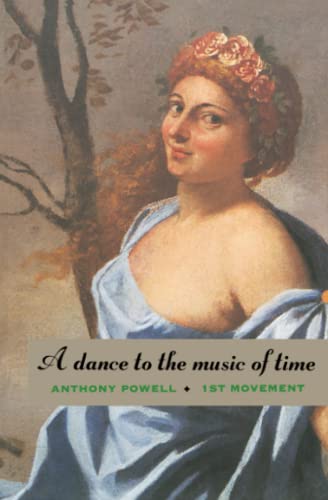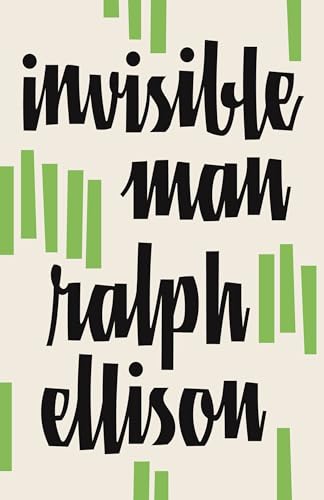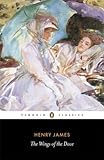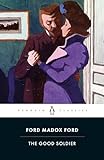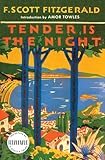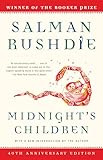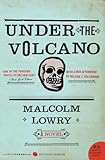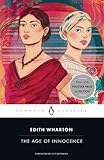
Modern Library Revue #5: Brave New World
Disdain is empathy’s evil and more efficient twin, both born of close observation. Novels that consider individual reactions to events must be empathetic. But any novelist who wishes to depict society must harness disdain in order to make the depiction stick for the long term.
